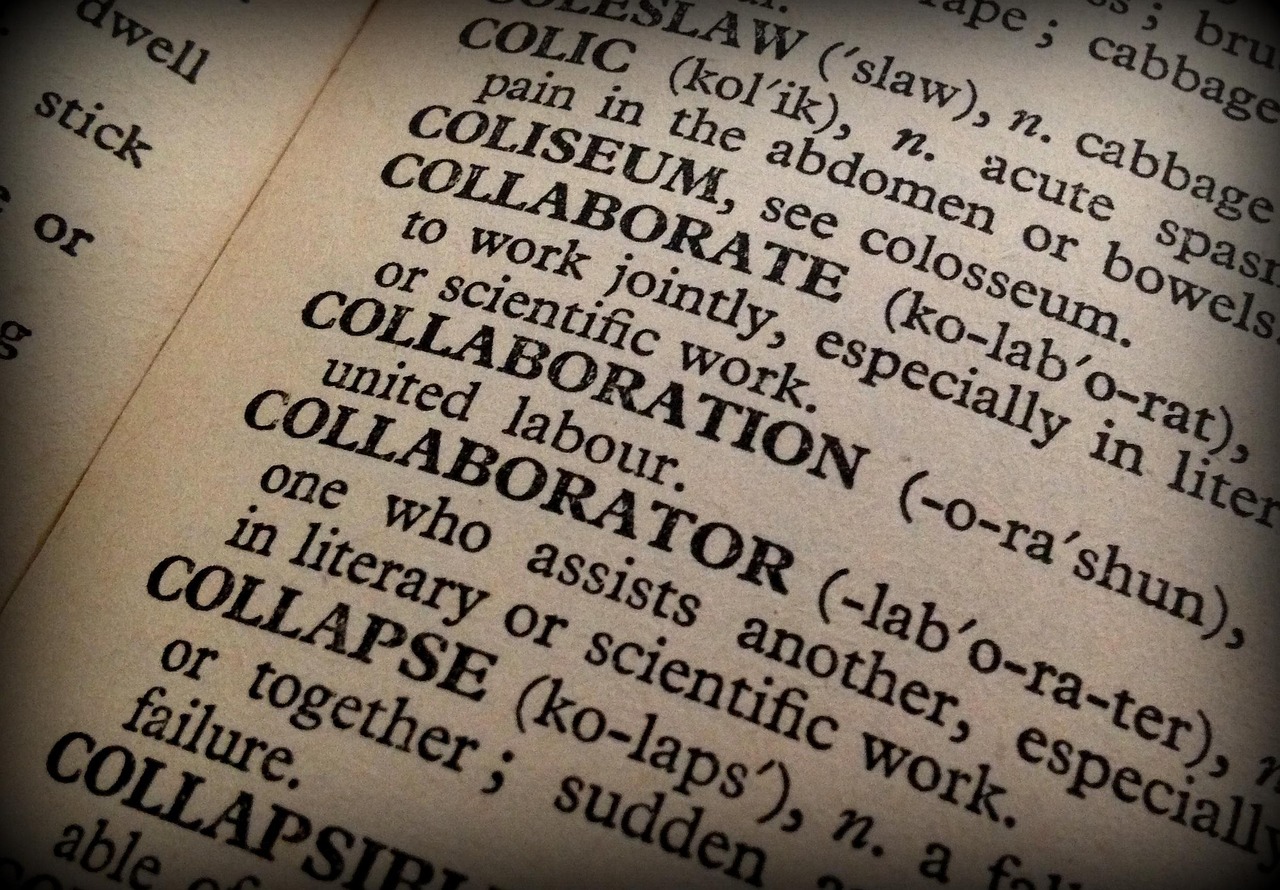How Private Schools Are Using Virtual Reality for Career Exploration: Laser book, Silverexch, 11xplay reddy login
laser book, silverexch, 11xplay reddy login: Private schools are constantly looking for innovative ways to provide their students with the best possible education and prepare them for their future careers. One of the latest trends in education technology that many private schools are incorporating into their curriculum is virtual reality (VR) for career exploration.
What is Virtual Reality?
Virtual reality is a computer-generated environment that simulates a realistic experience. It allows users to interact with a 3D environment through special equipment, such as VR headsets. In the context of education, VR can provide students with immersive experiences that can help them explore different careers and industries.
How Are Private Schools Using Virtual Reality for Career Exploration?
1. Virtual Career Fairs
Private schools can organize virtual career fairs where students can explore different industries, interact with professionals, and learn about job opportunities. This can expose students to a wide range of career options and help them make more informed decisions about their future.
2. Virtual Internship Programs
Some private schools are partnering with companies to offer virtual internship programs using VR technology. This allows students to gain practical experience and develop valuable skills without leaving the classroom.
3. Virtual Job Shadowing
Through VR, students can virtually shadow professionals in various fields to get a firsthand look at what a typical day in that career looks like. This can give students a realistic preview of different jobs and help them decide if a particular career path is right for them.
4. Virtual Tours of Workplaces
Private schools can use VR to provide students with virtual tours of workplaces, giving them a glimpse into different industries and company cultures. This can help students visualize themselves in a particular job and understand the environment they might work in.
5. Skill Development Programs
VR can also be used to create simulations that help students develop specific skills required for certain careers. For example, medical students can practice surgical procedures in a virtual operating room, or engineering students can design and test prototypes in a virtual lab.
6. College and Career Counseling
Private schools can use VR to offer personalized college and career counseling sessions to students. VR can simulate interviews, college visits, and other important events, helping students prepare for their future academic and professional endeavors.
FAQs
1. How accessible is VR technology for private schools?
Many private schools are investing in VR technology to enhance their educational programs. While the initial cost of VR equipment can be high, there are more affordable options available, and many schools are finding creative ways to fund their VR initiatives.
2. How do students benefit from using VR for career exploration?
VR provides students with immersive and interactive experiences that can help them explore a wide range of career options in a realistic and engaging way. It allows students to develop skills, gain practical experience, and make informed decisions about their future careers.
3. Can VR replace traditional career exploration methods?
While VR is a powerful tool for career exploration, it should be seen as a complement to traditional methods rather than a replacement. It offers unique benefits that traditional methods cannot provide, but a holistic approach to career exploration is still important.
In conclusion, virtual reality is revolutionizing career exploration in private schools by providing students with immersive and interactive experiences that can help them make more informed decisions about their future. By incorporating VR technology into their curriculum, private schools are preparing students for the rapidly changing job market and giving them a competitive edge in their career development.







